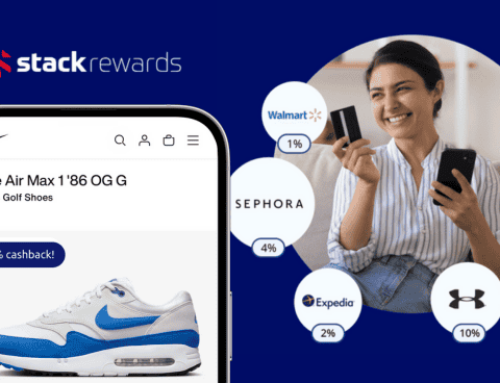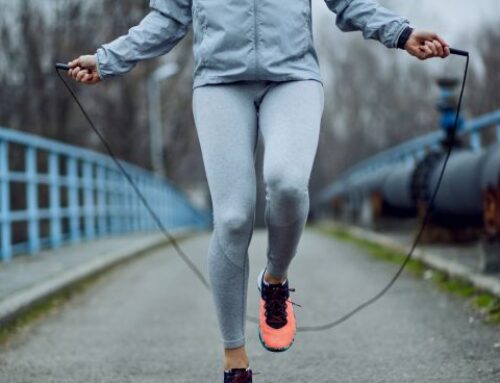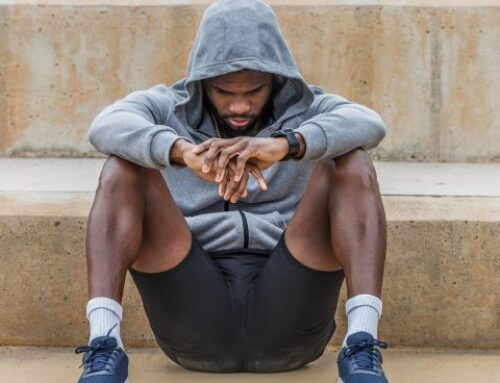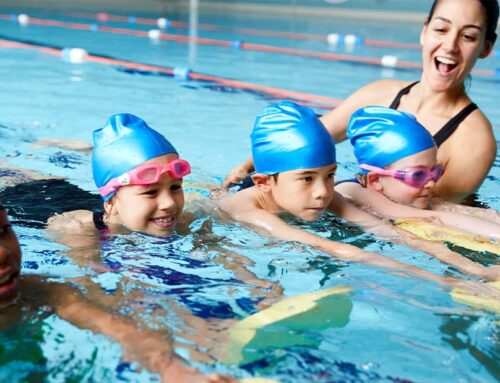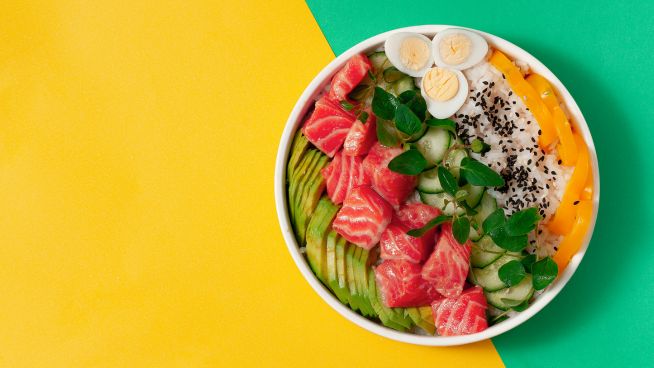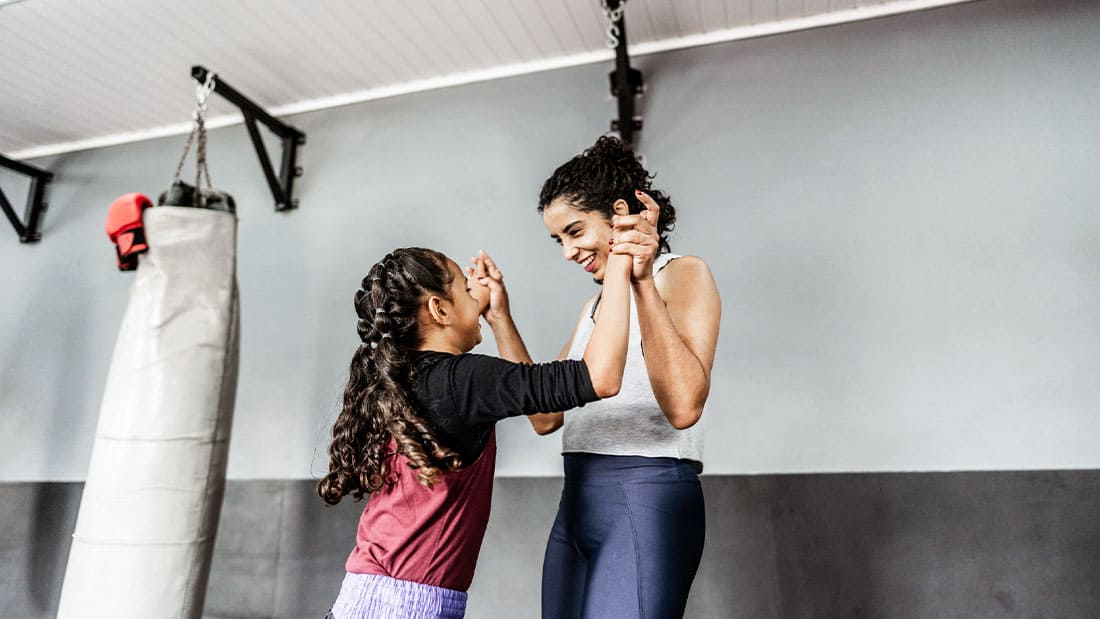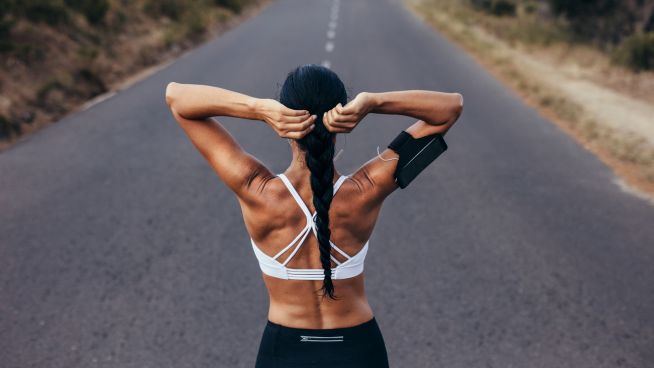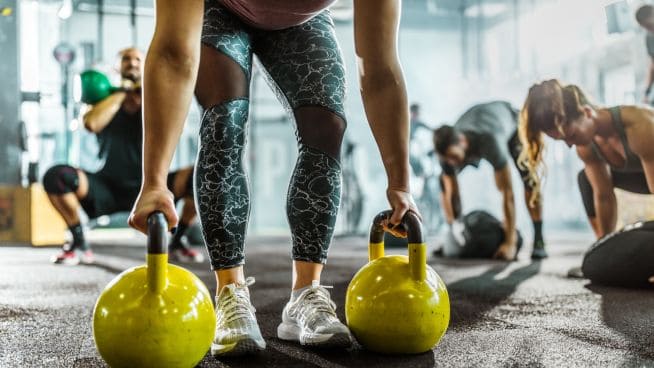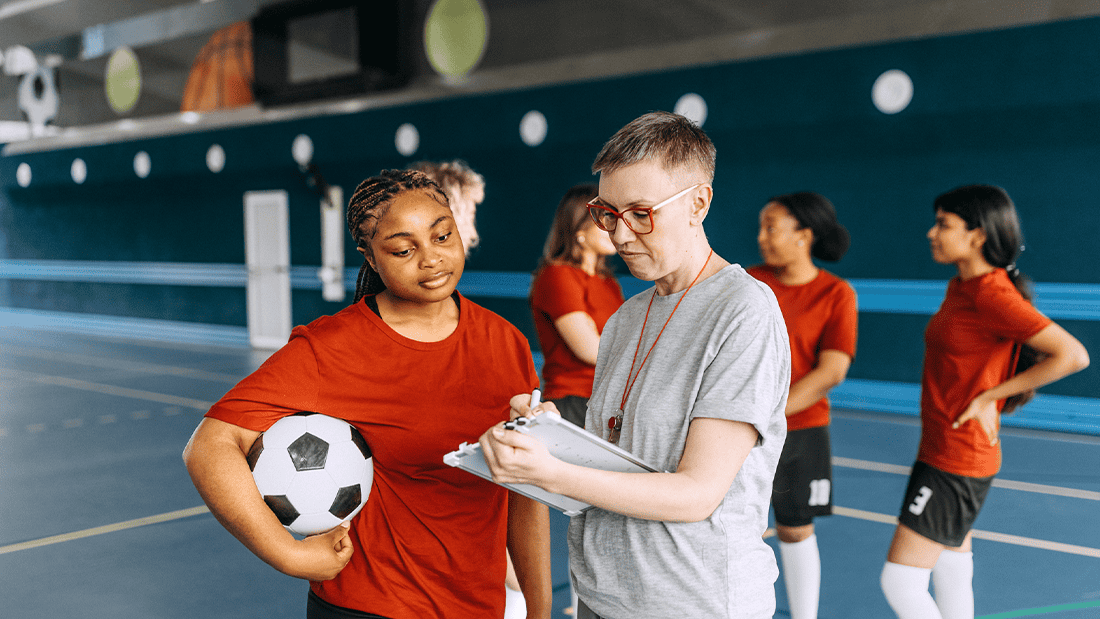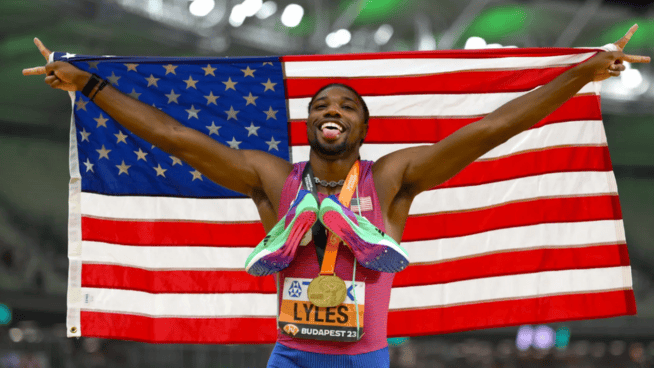When Will Professional Athletes Accept Gay Teammates?
NFL scouts reportedly asked University of Colorado tight end Nick Kasa about his sexuality. There were rumors that Manti T’eo also faced questions about his sexual orientation after his former “girlfriend” famously turned out to be a man impersonating a woman. And just a few months ago, San Francisco 49ers cornerback Chris Culliver stated that he wouldn’t accept an openly gay teammate in the locker room. These events, plus many other (Kobe Bryant ‘s gay slur in an NBA game earlier this season, for example), could lead many to wonder:
Why do those involved in professional athletics seem to be so anti-gay?
But Patrick Burke, a scout for the Philadelphia Flyers and co-founder of the athlete advocacy group You Can Play, disagrees. Burke’s group brings gay athletes to schools around the country, so students can hear what their experiences were like. The goal: For all athletes to be judged not by their sexual orientation, but by their skills.
“The majority of professional male athletes would support an openly gay teammate,” Burke says. He points to a 2006 Sports Illustrated poll that found 80 percent of NHL players, 61 percent of MLB players, 59 percent of NBA players and 57 percent of NFL players would support a gay teammate.
“This was seven years ago, so I think you could safely bump every one of those numbers up by ten percent at least,” Burke says.
Recent polls would indicate that attitudes are even more accepting at the college level. A 2011 study of athletes at three southern universities found that 70 percent would accept a openly gay teammate. Another study showed nearly all of 271 incoming freshmen athletes surveyed in England said they would have no problem having a homosexual athlete on their squad.
But while the numbers suggest the environment for gay athletes is improving, Burke says sports remain far behind the rest of society with it comes to LGBT acceptance. A USA Today poll conducted in December 2012 found that 73 percent of 18- to 29-year-olds support same-sex marriage, while more than nine of 10 people who identify themselves as LGBT say their communities have become more accepting of their lifestyles in recent years.
But no male pro athlete in any of the four major leagues (NHL, MLB, NBA, NFL) has ever come out while playing, and only a handful of women have done so. Burke says the major reason for this, and for intolerance among athletes, is that many have had little to no exposure to the LGBT community.
“Let’s say you grew up playing football,” Burke says. “You’re exposed to a variety of religious beliefs. You’re exposed to rich guys and poor inner city kids who happen to be great football players. You’re exposed to people from the Deep South and from wealthy high schools in the Chicago area. But what you’re generally not exposed to is the gay community.”
“Because we do not have a lot of “out” athletes at any level, it’s not uncommon for athletes to go through 25 years on this planet and not have any gay friends,” Burke says.
And it’s not just men’s sports that are struggling to adapt. Burke says coaches of women’s teams foster locker room environments that are either completely accepting of gay athletes, or not accepting at all. Often there is no in-between.
“There’s a stereotype that all female athletes are lesbians,” Burke says. “So players get mad because they’re straight girls playing a sport, but they get lumped in with lesbian athletes. So they feel like they have to spend a lot of their time defending themselves to boyfriends or media or sponsors.”
“It’s actually easier to get straight men to speak up as allies than it is to get straight women,” Burke says. “We’ve had hundreds of male athletes speak up with us and very few female athletes.”
There have been positive steps. Megan Rapinoe, a star of the U.S. Women’s National soccer team, came out in 2012, stating that lesbian athletes are widely accepted in female sports. Perhaps equally encouraging, the responses to recent events in men’s pro sports were strong and damning.
The NFL launched an investigation into teams questioning prospects about their sexuality. Kobe Bryant received a hefty fine from the NBA. The 49ers issued a statement condemning Culliver’s remarks, and Culliver himself apologized for them. He recently spent a day at the offices of the Trevor Project in Los Angeles, a group that provides crisis intervention and suicide prevention services to the LGBT community.
Burke, whose brother Brendan was an openly gay college hockey player who died in a 2010 car crash, says these are signs of progress.
“We always say we are fighting two stereotypes,” Burke says. “One is the idea that there are no gay athletes. The second is the idea that athletes are these big, meathead, dumb jocks that just walk around picking on people. “Pro sports is behind and has to catch up. But it’s not as far behind as people want to make it out to be.”
Photo: iStockPhoto.com
RECOMMENDED FOR YOU
MOST POPULAR
When Will Professional Athletes Accept Gay Teammates?
NFL scouts reportedly asked University of Colorado tight end Nick Kasa about his sexuality. There were rumors that Manti T’eo also faced questions about his sexual orientation after his former “girlfriend” famously turned out to be a man impersonating a woman. And just a few months ago, San Francisco 49ers cornerback Chris Culliver stated that he wouldn’t accept an openly gay teammate in the locker room. These events, plus many other (Kobe Bryant ‘s gay slur in an NBA game earlier this season, for example), could lead many to wonder:
Why do those involved in professional athletics seem to be so anti-gay?
But Patrick Burke, a scout for the Philadelphia Flyers and co-founder of the athlete advocacy group You Can Play, disagrees. Burke’s group brings gay athletes to schools around the country, so students can hear what their experiences were like. The goal: For all athletes to be judged not by their sexual orientation, but by their skills.
“The majority of professional male athletes would support an openly gay teammate,” Burke says. He points to a 2006 Sports Illustrated poll that found 80 percent of NHL players, 61 percent of MLB players, 59 percent of NBA players and 57 percent of NFL players would support a gay teammate.
“This was seven years ago, so I think you could safely bump every one of those numbers up by ten percent at least,” Burke says.
Recent polls would indicate that attitudes are even more accepting at the college level. A 2011 study of athletes at three southern universities found that 70 percent would accept a openly gay teammate. Another study showed nearly all of 271 incoming freshmen athletes surveyed in England said they would have no problem having a homosexual athlete on their squad.
But while the numbers suggest the environment for gay athletes is improving, Burke says sports remain far behind the rest of society with it comes to LGBT acceptance. A USA Today poll conducted in December 2012 found that 73 percent of 18- to 29-year-olds support same-sex marriage, while more than nine of 10 people who identify themselves as LGBT say their communities have become more accepting of their lifestyles in recent years.
But no male pro athlete in any of the four major leagues (NHL, MLB, NBA, NFL) has ever come out while playing, and only a handful of women have done so. Burke says the major reason for this, and for intolerance among athletes, is that many have had little to no exposure to the LGBT community.
“Let’s say you grew up playing football,” Burke says. “You’re exposed to a variety of religious beliefs. You’re exposed to rich guys and poor inner city kids who happen to be great football players. You’re exposed to people from the Deep South and from wealthy high schools in the Chicago area. But what you’re generally not exposed to is the gay community.”
“Because we do not have a lot of “out” athletes at any level, it’s not uncommon for athletes to go through 25 years on this planet and not have any gay friends,” Burke says.
And it’s not just men’s sports that are struggling to adapt. Burke says coaches of women’s teams foster locker room environments that are either completely accepting of gay athletes, or not accepting at all. Often there is no in-between.
“There’s a stereotype that all female athletes are lesbians,” Burke says. “So players get mad because they’re straight girls playing a sport, but they get lumped in with lesbian athletes. So they feel like they have to spend a lot of their time defending themselves to boyfriends or media or sponsors.”
“It’s actually easier to get straight men to speak up as allies than it is to get straight women,” Burke says. “We’ve had hundreds of male athletes speak up with us and very few female athletes.”
There have been positive steps. Megan Rapinoe, a star of the U.S. Women’s National soccer team, came out in 2012, stating that lesbian athletes are widely accepted in female sports. Perhaps equally encouraging, the responses to recent events in men’s pro sports were strong and damning.
The NFL launched an investigation into teams questioning prospects about their sexuality. Kobe Bryant received a hefty fine from the NBA. The 49ers issued a statement condemning Culliver’s remarks, and Culliver himself apologized for them. He recently spent a day at the offices of the Trevor Project in Los Angeles, a group that provides crisis intervention and suicide prevention services to the LGBT community.
Burke, whose brother Brendan was an openly gay college hockey player who died in a 2010 car crash, says these are signs of progress.
“We always say we are fighting two stereotypes,” Burke says. “One is the idea that there are no gay athletes. The second is the idea that athletes are these big, meathead, dumb jocks that just walk around picking on people. “Pro sports is behind and has to catch up. But it’s not as far behind as people want to make it out to be.”
Photo: iStockPhoto.com


